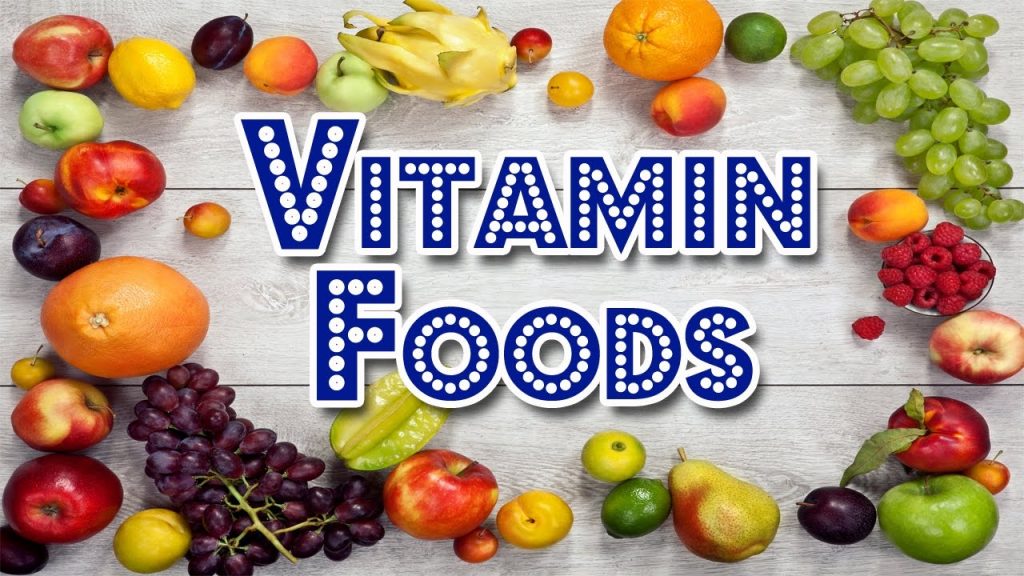Discover what vitamins are and how they can be helpful for your health. This in-depth article covers the essentials of vitamins, their benefits, types, and tips for maintaining a balanced diet.
Ever wondered what vitamins really are and how they can be helpful for your health? You’re in the right place! In this article, we’ll delve into the nitty-gritty of vitamins, exploring their importance, how they function in our bodies, and why they’re essential for maintaining optimal health. So, buckle up and get ready for a fascinating journey through the world of vitamins!
What Are Vitamins
The Basics of Vitamins
Vitamins are organic compounds that our bodies need in small quantities to function properly. They’re like the oil that keeps the engine of your car running smoothly. Without them, our bodies can’t perform essential tasks like converting food into energy, healing wounds, and maintaining a healthy immune system.
Types of Vitamins
There are two main types of vitamins:
- Water-soluble vitamins: These include the B-complex vitamins and vitamin C. Our bodies don’t store these vitamins, so we need to replenish them regularly through our diet.
- Fat-soluble vitamins: These include vitamins A, D, E, and K. These vitamins are stored in our body’s fatty tissues and the liver, which means they don’t need to be consumed as frequently as water-soluble vitamins.
Why We Need Vitamins
Vitamins play a crucial role in a multitude of bodily functions:
- Energy Production: B vitamins are key players in the metabolic process, helping to convert food into energy.
- Immune Function: Vitamins like C and D are vital for a robust immune system.
- Bone Health: Vitamins D and K are essential for maintaining strong bones.
- Wound Healing: Vitamin C is necessary for the synthesis of collagen, a protein that’s crucial for wound healing.
How Are Vitamins Helpful?
Boosting Your Immune System
One of the most well-known benefits of vitamins is their ability to bolster the immune system. Vitamin C, for instance, is famous for its immune-boosting properties. It stimulates the production of white blood cells, which are essential for fighting off infections.
Enhancing Energy Levels
Feeling sluggish? Your diet might be lacking in B vitamins. These vitamins are crucial for energy production, helping your body convert dietary nutrients into usable energy. Without enough B vitamins, you might feel tired and lethargic.
Supporting Bone Health
Strong bones aren’t just about calcium. Vitamins D and K are also vital. Vitamin D helps your body absorb calcium, while vitamin K plays a role in bone formation and repair. Without these vitamins, bones can become weak and brittle.
Improving Skin Health
Want glowing skin? Vitamins can help! Vitamin E is known for its antioxidant properties, protecting skin cells from damage. Vitamin C, on the other hand, is crucial for collagen production, which keeps skin looking firm and youthful.
Aiding in Eye Health
Vitamins A and E are essential for maintaining good vision. Vitamin A, in particular, is critical for night vision and overall eye health. Without adequate vitamin A, you might experience problems with your sight, particularly in low-light conditions.
Sources of Vitamins
Dietary Sources
To reap the benefits of vitamins, it’s essential to consume a varied diet that includes:
- Fruits and Vegetables: Rich in vitamins A, C, and K.
- Whole Grains: Packed with B vitamins.
- Dairy Products: A great source of vitamins D and B12.
- Nuts and Seeds: High in vitamin E.
- Meat and Fish: Excellent sources of B vitamins and vitamin D.
Supplementation
Sometimes, getting all the vitamins you need from food alone can be challenging. That’s where supplements come in handy. Multivitamins can fill in the gaps, ensuring you get the necessary nutrients to stay healthy. However, it’s essential to consult with a healthcare professional before starting any supplement regimen.

Common Vitamin Deficiencies
Vitamin D Deficiency
A lack of vitamin D can lead to bone problems like rickets in children and osteomalacia or osteoporosis in adults. Symptoms include bone pain and muscle weakness.
Vitamin B12 Deficiency
Vitamin B12 deficiency can cause anemia and nervous system damage. Symptoms include fatigue, weakness, and neurological changes like memory loss and mood disturbances.
Vitamin C Deficiency
A deficiency in vitamin C can lead to scurvy, characterized by fatigue, swollen gums, and joint pain. It’s rare in modern times but can occur in individuals with extremely limited diets.
FAQs About Vitamins
1. Can I get all the vitamins I need from my diet?
Absolutely! A well-balanced diet rich in fruits, vegetables, whole grains, and lean proteins can provide all the vitamins your body needs. However, certain individuals may require supplements, especially if they have specific dietary restrictions or health conditions.
2. Are multivitamins necessary?
Not necessarily. If you maintain a balanced diet, you may not need multivitamins. However, they can be beneficial for those who have difficulty getting enough vitamins from food alone. Always consult with a healthcare professional before starting any supplementation.
3. Can I take too many vitamins?
Yes, it’s possible to overdose on vitamins, especially fat-soluble ones like vitamins A, D, E, and K, which are stored in the body. Overconsumption can lead to toxicity and health issues. It’s essential to follow recommended dosages and consult a healthcare provider.
4. Do vitamins really improve skin health?
Yes, vitamins like A, C, and E are known for their skin benefits. They can help reduce signs of aging, promote collagen production, and protect against damage from free radicals.
5. What’s the best time to take vitamins?
It depends on the vitamin. Water-soluble vitamins (like vitamin C and B vitamins) are best taken with a meal for better absorption, while fat-soluble vitamins (like A, D, E, and K) should be taken with a source of fat.

Conclusion
Understanding what vitamins are and how they can be helpful is crucial for maintaining optimal health. These tiny but mighty nutrients play a significant role in everything from energy production to immune function, bone health, and skin vitality. By incorporating a balanced diet rich in various vitamins and possibly supplementing when necessary, you can ensure your body has all it needs to thrive. So next time you’re planning your meals, think about the vitamins you’re consuming and how they’re benefiting your health. Stay healthy and keep those vitamins in check!
By diving deep into the world of vitamins, we’ve uncovered their essential roles and how they can transform our health. Whether through diet or supplements, ensuring adequate vitamin intake is a surefire way to support your overall well-being.


